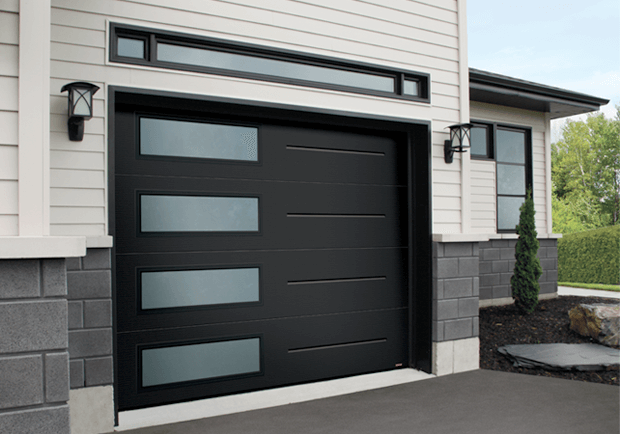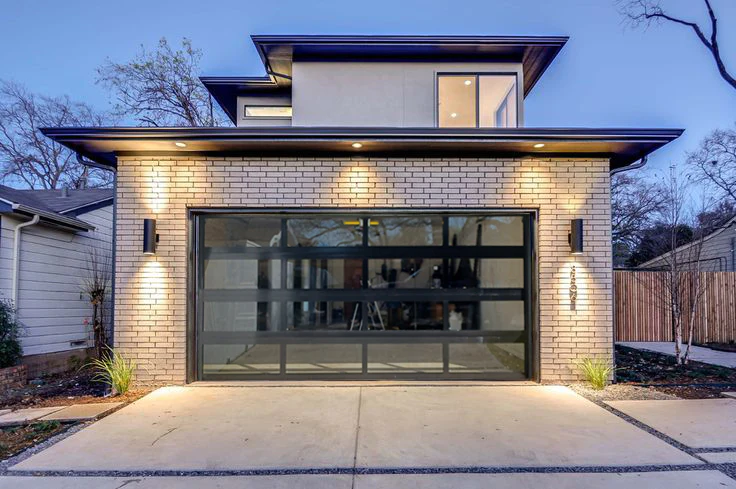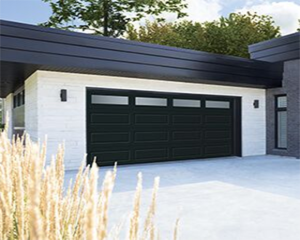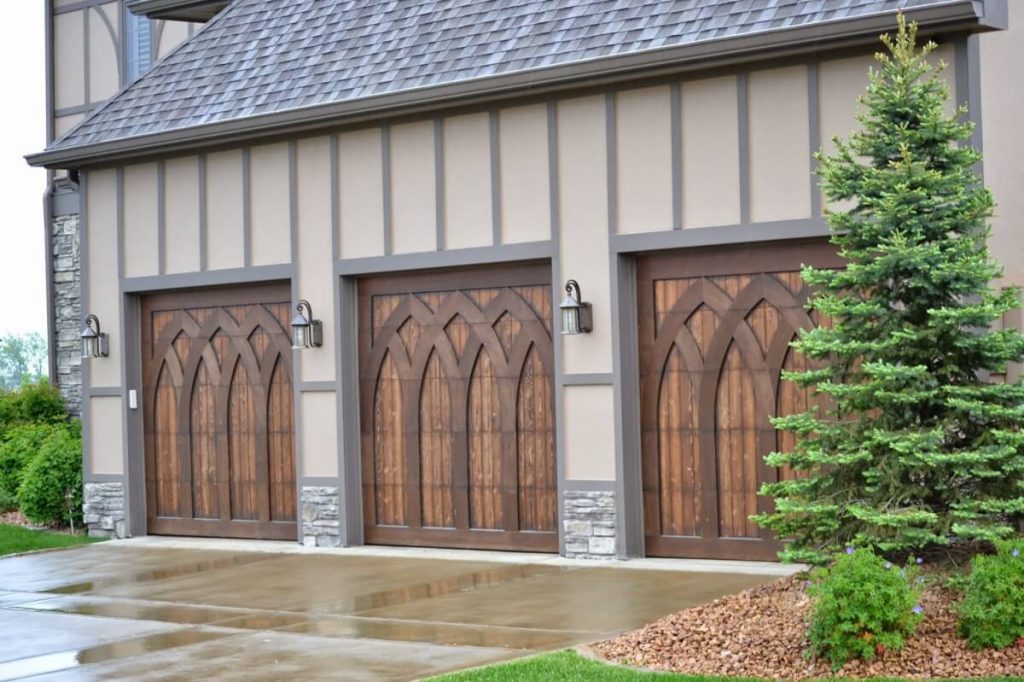[fusion_builder_container hundred_percent=”no” equal_height_columns=”no” hide_on_mobile=”small-visibility,medium-visibility,large-visibility” background_position=”center center” background_repeat=”no-repeat” fade=”no” background_parallax=”none” parallax_speed=”0.3″ video_aspect_ratio=”16:9″ video_loop=”yes” video_mute=”yes” border_style=”solid” type=”legacy”][fusion_builder_row][fusion_builder_column type=”1_1″ layout=”1_1″ background_position=”left top” background_color=”” border_color=”” border_style=”solid” border_position=”all” spacing=”yes” background_image=”” background_repeat=”no-repeat” padding_top=”” padding_right=”” padding_bottom=”” padding_left=”” margin_top=”0px” margin_bottom=”0px” class=”” id=”” animation_type=”” animation_speed=”0.3″ animation_direction=”left” hide_on_mobile=”small-visibility,medium-visibility,large-visibility” center_content=”no” last=”true” min_height=”” hover_type=”none” link=”” border_sizes_top=”” border_sizes_bottom=”” border_sizes_left=”” border_sizes_right=”” first=”true” type=”1_1″][fusion_text columns=”” column_min_width=”” column_spacing=”” rule_style=”default” rule_size=”” rule_color=”” content_alignment_medium=”” content_alignment_small=”” content_alignment=”” hide_on_mobile=”small-visibility,medium-visibility,large-visibility” sticky_display=”normal,sticky” class=”” id=”” font_size=”” fusion_font_family_text_font=”” fusion_font_variant_text_font=”” line_height=”” letter_spacing=”” text_color=”” animation_type=”” animation_direction=”left” animation_speed=”0.3″ animation_offset=””][/fusion_text][fusion_text columns=”” column_min_width=”” column_spacing=”” rule_style=”default” rule_size=”” rule_color=”” content_alignment_medium=”” content_alignment_small=”” content_alignment=”” hide_on_mobile=”small-visibility,medium-visibility,large-visibility” sticky_display=”normal,sticky” class=”” id=”” font_size=”” fusion_font_family_text_font=”” fusion_font_variant_text_font=”” line_height=”” letter_spacing=”” text_color=”” animation_type=”” animation_direction=”left” animation_speed=”0.3″ animation_offset=””]
A broken garage door can seem like a sudden and unexpected occurrence. But oftentimes the damage is caused by common underlying issues, most that result from everyday wear and tear. By knowing what parts most often break down, you can address issues before they lead to safety concerns and expensive repairs.
Causes of garage door damage homeowners may or may not be aware of include:
Broken Springs
The more frequently you use your garage door, the faster the springs will wear out. Springs help balance the door as it moves up and down. When they break, the door may be crooked, not move up all the way, or even come crashing to the ground. Plus, a snapped spring can fling debris all over the room, potentially causing property damage and severe injuries.
Blown Fuse
A blown fuse can cause your garage door to suddenly stop. It could also be a sign of a more serious problem with the garage door opener or your electrical system. Fixing a fuse problem yourself is risky and can lead to more damage. It’s, therefore, best to call a professional to diagnose and fix it.
Dead Batteries
Many people seek major garage door repairs when all they need is a new battery. This applies to garage doors that run on batteries, which need to be charged regularly. You never want to leave your garage door with a lack of power, so make sure to charge or, if necessary, replace dead batteries to avoid further problems.
Worn Rollers
Rollers are important pieces of hardware that allow your garage door to move effortlessly on the track. Worn rollers can be a safety hazard and prevent your door from running smoothly. It may be jerky when opening or closing. Bad rollers also increase vibration, which can damage other parts including the door. Since rollers naturally wear out over time, it’s important to inspect them regularly or when there are changes in performance.
Misaligned Track
The metal tracks your heavy garage door slides in should be secured, but constant movement from frequent use can cause them to shift. An alignment problem can cause more damage to the tracks and result in a complete malfunction of the garage door. Visible track damage, bent tracks, and gaps between the track and rollers are clear signs of a track alignment problem.
Broken Cables
Garage doors are in part supported by wire cables. Every time the door opens or closes, the cables are under a great deal of stress. Over time, this can cause them to break. Damaged, decayed cables should be replaced immediately. This is much easier for a professional than a major garage door repair.
Worn Out Hinges
Hinges rarely break but they do wear out. When this happens, garage doors tend to become noisy. You can lubricate hinges with oil to help extend their life. Excessive noise can also mean other components are beginning to wear, so this should be taken as a sign to inspect the system and either lubricate or replace worn parts such as hinges, bearings, sheaves, nuts, and bolts.
Electrical Issues
An electrical problem can be as simple as a dead battery in the remote control. There are also electrical connections to consider, which may affect a sensor for the garage door opener or the opener itself. Look for frayed wires, water damage, or blocked/misaligned photo eye sensors as well. If your garage door has persistent issues that can be tied to electrical problems, the underlying cause may be with a breaker, junction box, or elsewhere in your electrical system.
Contact Precision Garage Door of Las Vegas
We provide garage door repair near you and fix all major garage door brands. Our technicians are highly trained, prompt, and arrive with garage door parts in Las Vegas to correct any issues in a single visit. Call 702-637-2700 and we’ll come and fix your broken garage door and any underlying causes.
[/fusion_text][/fusion_builder_column][/fusion_builder_row][/fusion_builder_container]





